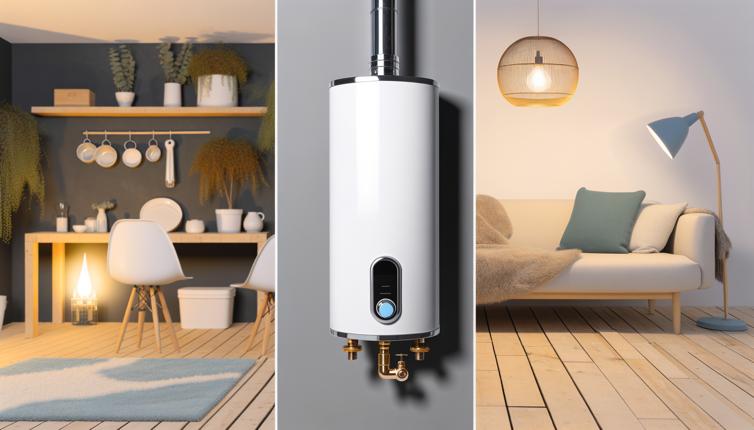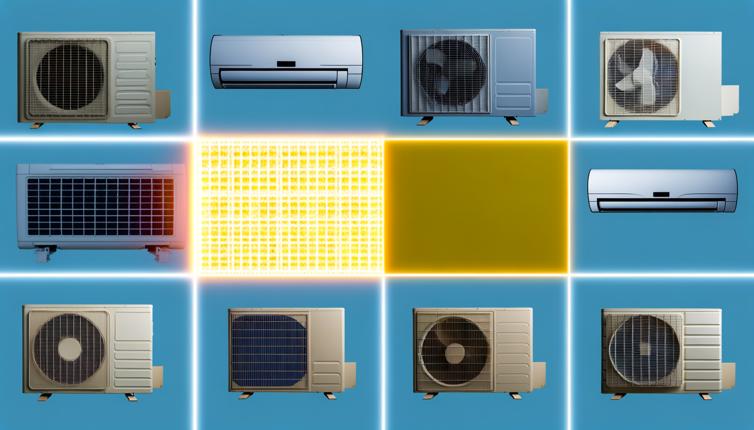Tankless Water Heaters
Tankless water heaters, also known as on-demand water heaters, heat water directly without the use of a storage tank.,One of the main advantages of tankless water heaters is their energy efficiency. Since they only heat water as it is needed, they eliminate standby energy loss, which occurs with traditional water heaters that constantly keep a tank of water hot.,Tankless water heaters are also compact in size and can be installed in tight spaces. They have a longer lifespan compared to traditional water heaters, with an average lifespan of 20 years.,However, tankless water heaters may have a higher upfront cost compared to traditional water heaters. They also have a limited flow rate, which means they may struggle to provide hot water to multiple appliances simultaneously.,Additionally, the installation of a tankless water heater may require upgrades to your home's electrical or gas supply, increasing the overall installation cost.,It's important to note that the effectiveness of a tankless water heater depends on your hot water usage patterns. If you have a large household with high hot water demand, a tankless water heater may not be the best option.
Traditional Water Heaters
Traditional water heaters consist of a storage tank that is constantly filled with hot water. They are the most commonly used type of water heater in residential settings.,One of the main advantages of traditional water heaters is their low upfront cost. They are generally more affordable compared to tankless water heaters.,Traditional water heaters also have a high flow rate, allowing them to provide hot water to multiple appliances simultaneously without any issues.,However, traditional water heaters are less energy efficient compared to tankless water heaters. They experience standby energy loss, which means they are constantly using energy to keep the stored water hot, even when it's not being used.,Traditional water heaters also have a shorter lifespan compared to tankless water heaters, typically lasting around 10-15 years.,It's also important to consider the size of a traditional water heater. They require space for the storage tank, which can be a drawback if you have limited space available.,Ultimately, the choice between a tankless water heater and a traditional water heater depends on your specific needs and preferences. Consider factors such as your hot water usage patterns, available space, upfront cost, and energy efficiency before making a decision.
Conclusion
In conclusion, both tankless water heaters and traditional water heaters have their pros and cons. Tankless water heaters are energy efficient and have a longer lifespan, but they may have a higher upfront cost and limited flow rate. Traditional water heaters are more affordable and have a high flow rate, but they are less energy efficient and have a shorter lifespan. It's important to weigh these factors and consider your specific needs before deciding which type of water heater is best for your home.









